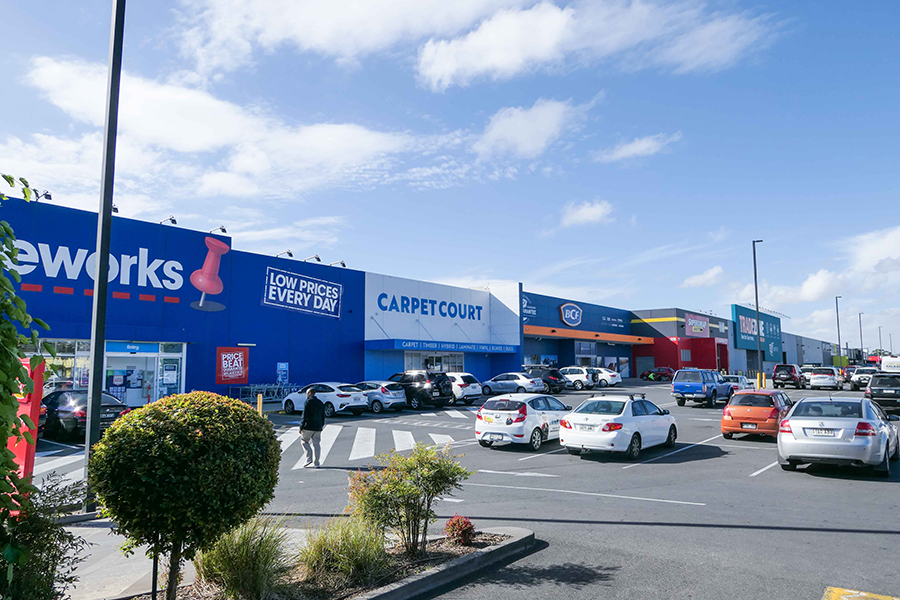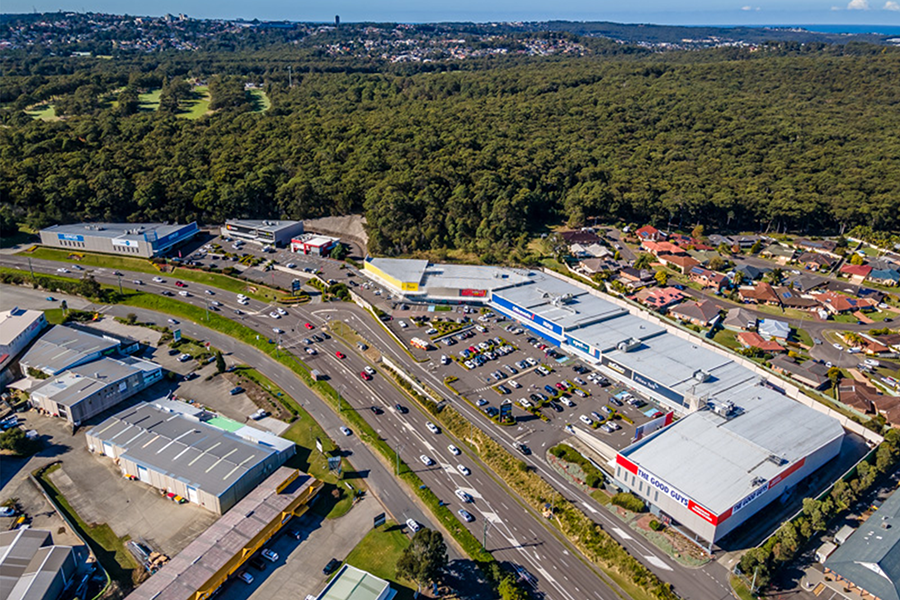Ongoing population growth and city sprawl continue to drive national interest for Large Format Retail (LFR) assets due to their expansive land holdings and strategic position. Investor demand for LFR is fortifying as an increasing number of new private, syndicate and institutional capital focus on the sector.
Investors are currently attracted by the high-yielding retail sub-sector as it provides a materially higher investment return when compared to industrial, neighbourhood shopping centres and supermarkets. Over the past decade, the average yield for LFR relative to other sectors sits at 7.46% compared to 5.84% for the Industrial sector, 6.14% for neighbourhood shopping centres and 5.58% for supermarkets.
During the same timeframe, LFR gross rents have only seen a 13% growth (1.3 %pa), while industrial prime rents have increased by 85% (8.5 %pa). This has seen the cost arbitrage for retailers to store their goods off-site materially close.
Investors are in recent times, seeing attractive rental growth, greater depth of retailer demand and a growing requirement for larger spaces. Buoyed by strong sales, retailers are opting for bigger stores with a larger back-of-house to manage omnichannel sales. LFR rents in 2014 were 2.7 times higher than prime industrial. Today, they are just 1.7 times, then factoring in the cost of logistics with the goods being stored off-site.
Colliers’ Director, Tim McIntosh, said, “The gap between LFR rents to industrial rents has changed materially over the last decade. Retailers have recognised it is more cost-effective to have larger retail stores where they can optimise their omnichannel sales across in-store, click and collect and last-mile delivery as transport costs and industrial rents limit the value arbitrage of storing off-site.
“Some investors have recognised retailers are leading the growth in the sector, with strong sales over the last four years seeing tenants opt for larger store footprints and a willingness to pay higher rents after a stagnant decade of limited rental growth, while yields remain highly attractive relative to other investment sectors,” McIntosh said.
With a return to growth for the Household Goods sector of over 25% since the pandemic, the successful off-market sale of HomeCo Parafield, South Australia, to funds manager and property developer Accord, embodies this curve.
The sale of HomeCo Parafield was secured by Colliers’ agents Tim McIntosh and Jordan Schmidt for $28.5 million, achieving a premium to book value. Anchored by Officeworks, the centre is 100% leased to national tenants across 15,571m2 with a 3.7-year WALE. Occupying a metro-Adelaide location 15km north of the CBD on a 37,122m2 site adjoining Parafield Airport.
“We identified Accord as the off-market purchaser of HomeCo Parafield following their strong interest in recent Victorian LFR assets that were marketed publicly, such as Chirnside Lifestyle Centre, sold for $50.4 million to IOOF,” said McIntosh.
Lachy Hogarth, Managing Director at Accord said: “The acquisition of the HomeCo Parafield Centre illustrates well our opportunistic approach to identifying value for our investors. The centre provides an attractive mix of income and value growth potential based on strong underlying fundamentals, while also benefitting from compelling tailwinds we observe in the large format retail sector.
Another recent example of new buyers entering the sector is Blackfox Property’s recent acquisition of Shepparton Retail Hub in Victoria for $11.61 million. The Officeworks-anchored LFR centre was sold by Colliers’ Tim McIntosh and James Lawson and Stonebridge following an on-market campaign late last year.
“These recent transactions highlight the strong trading assets, the strength of the LFR sector and the depth of demand from investors,” said McIntosh.





















